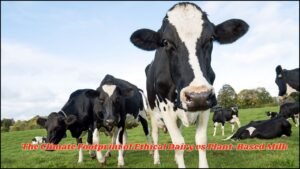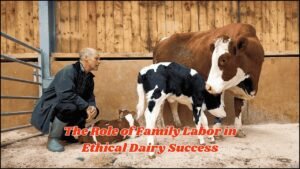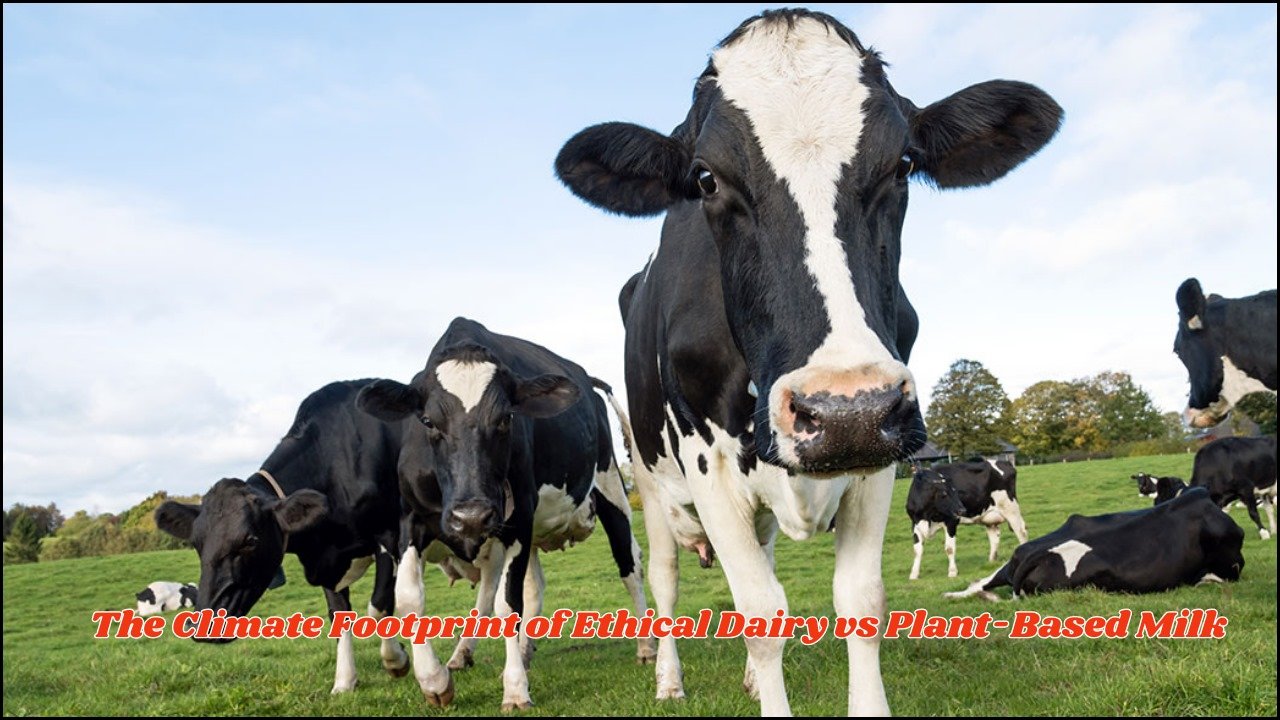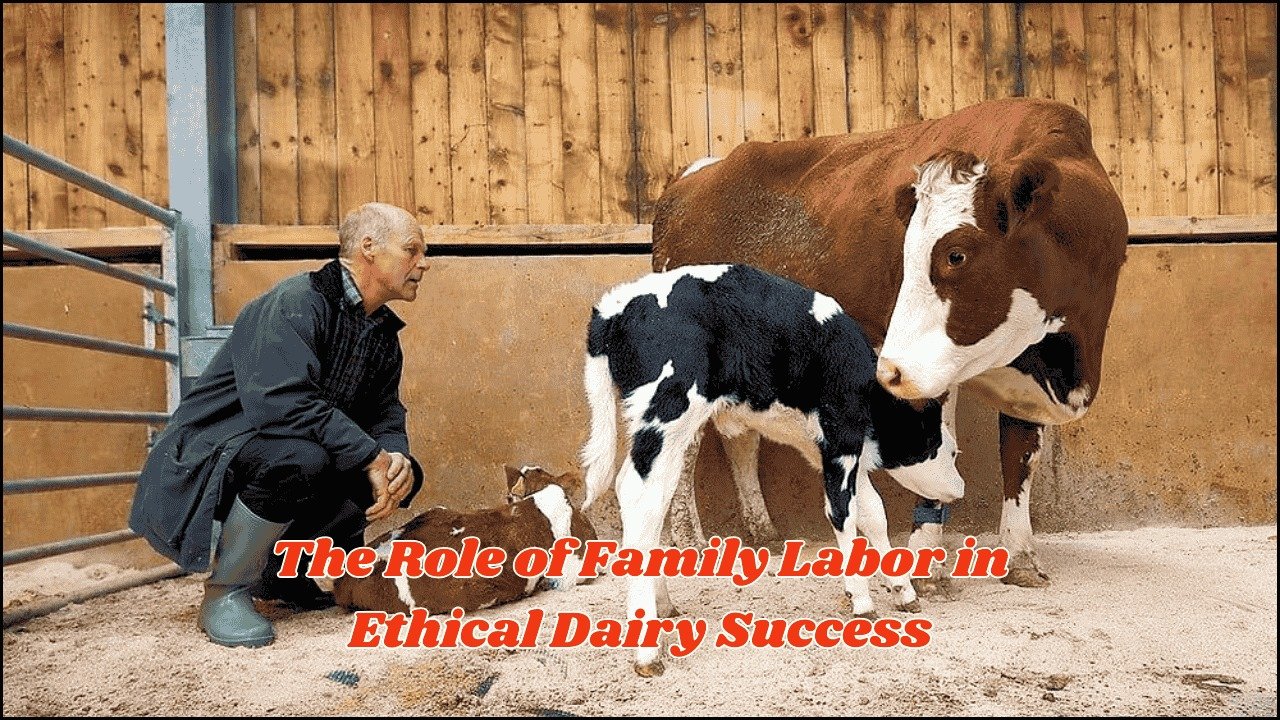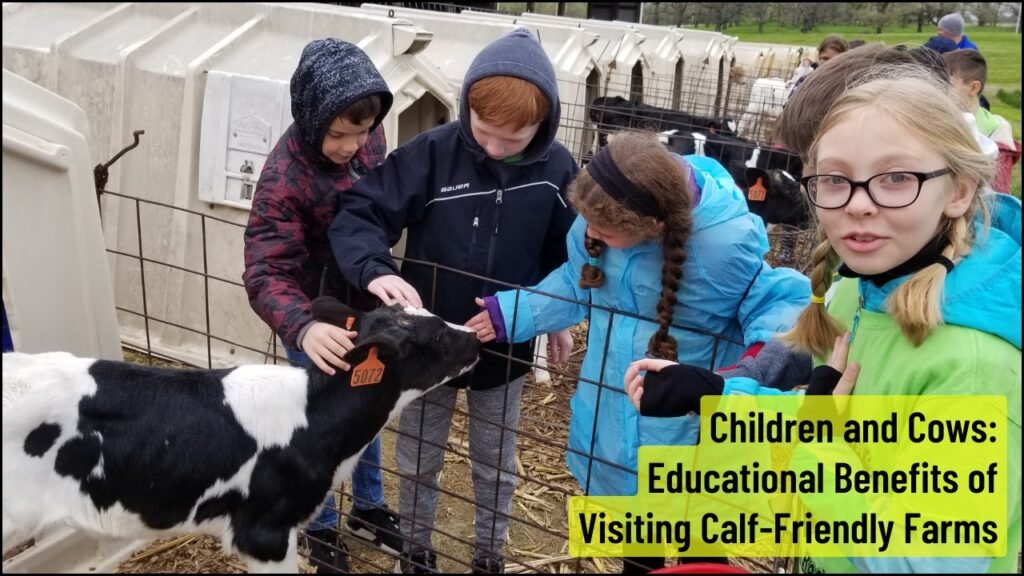
School trips are designed to teach children outside the classroom, but few destinations combine education, ethics, and hands-on experience like calf-friendly farms. Ethical dairies that prioritize animal welfare are becoming popular field trip choices, offering students a unique opportunity to learn about farming, food systems, and the natural world.
These farms are not just about seeing cows up close. They provide meaningful lessons on empathy, responsibility, sustainability, and healthy eating — all within an interactive environment that children remember long after the trip ends.
Table of Contents
Overview
| Area of Impact | Educational Value | Long-Term Benefit |
|---|---|---|
| Animal Welfare | Teaches humane treatment | Builds lifelong empathy |
| Science Learning | Observing biology, behavior | Deeper classroom understanding |
| Emotional Growt | Reduces stress, boosts compassion | Stronger social skills |
| Sustainability | Exposure to eco-friendly farming | Early climate awareness |
| Nutrition Education | Understanding food origins | Healthier lifestyle choices |
| Engagement | Hands-on and interactive | Better retention of knowledge |
Why Calf-Friendly Farms Are Ideal for Schools
Ethical dairies that allow calves to stay with their mothers create a setting where children can witness real animal bonding. Unlike conventional farming models, these farms highlight humane practices, giving young visitors an authentic and inspiring experience.
The benefits of school visits to such farms include:
- Direct exposure to animal welfare and compassion in action.
- Hands-on learning that enhances classroom teaching.
- Opportunities to understand where food really comes from.
- Early lessons in sustainability and environmental care.
Educational Value Beyond Textbooks
Field trips to calf-friendly farms support multiple areas of a child’s education:
- Science and Nature: Observing calves and cows helps children understand biology, ecosystems, and animal behavior.
- Social Studies: Students see how ethical farming fits into food supply chains and local economies.
- Health and Nutrition: Children learn how milk is produced, encouraging discussions about balanced diets.
- Values and Citizenship: Experiencing animal welfare first-hand fosters empathy and responsibility.
These lessons integrate seamlessly with school curricula, enriching both academic and moral development.
Emotional Benefits for Children
Engaging with animals on farms can also provide significant emotional growth:
- Children learn empathy by observing calf-mother bonds.
- Caring for animals helps build responsibility and patience.
- Interacting with nature reduces stress and boosts wellbeing.
Such experiences encourage children to respect animals and the environment, values they carry into adulthood.
Comparing Farm Visit Benefits
| Benefit Category | Calf-Friendly Ethical Farms | Conventional Farm Visits |
|---|---|---|
| Animal Welfare | Demonstrates humane care | Limited focus on welfare |
| Learning Value | Covers science, ethics, health | Focus mainly on food production |
| Emotional Impact | Builds empathy and compassion | Less emphasis on bonding |
| Sustainability | Highlights eco-friendly practices | Often overlooked |
| Student Engagement | Interactive and hands-on | More observational |
Clearly, calf-friendly dairies offer a richer, more holistic learning environment than conventional farm trips.
Encouraging Sustainable Thinking
One of the most powerful outcomes of visiting ethical dairies is the development of environmental awareness. Children see how sustainable farming practices, such as rotational grazing and reduced chemical use, benefit both animals and the planet.
By linking welfare-led farming with climate-friendly methods, schools give students early insight into how personal choices affect the world around them.
Role of Teachers and Schools
Teachers play a vital role in connecting farm visits to broader learning goals. Before the trip, lessons can introduce topics such as animal care, food origins, and sustainability. After the trip, students can write reflections, create projects, or discuss what they learned about ethical farming.
Schools that embrace these trips foster more engaged, empathetic, and environmentally aware students.
Supporting Ethical Food Education
Governments and education authorities encourage schools to combine classroom learning with real-world experiences. Visits to farms can complement science and environmental education goals. For example, the U.S. Department of Agriculture (USDA) provides resources for schools on food, nutrition, and farm-based education, helping teachers integrate these lessons effectively.
Future Outlook
As awareness of food ethics and sustainability grows, calf-friendly farms are likely to become even more popular destinations for school trips. They represent the intersection of education, welfare, and environmental responsibility, making them a perfect choice for schools looking to inspire the next generation.
For children, these trips are not just fun outings. They are life-shaping experiences that teach empathy, sustainability, and respect for the food we eat — lessons that last far beyond the classroom.
FAQs
Q:- Why are calf-friendly farms good for school trips?
A = They combine fun experiences with lessons on welfare, sustainability, and food education.
Q:- What do children learn from ethical dairies?
A = They gain knowledge in science, nutrition, empathy, and environmental awareness.
Q:- Do farm visits support school curriculums?
A = Yes, they complement subjects like biology, health, and social studies.

